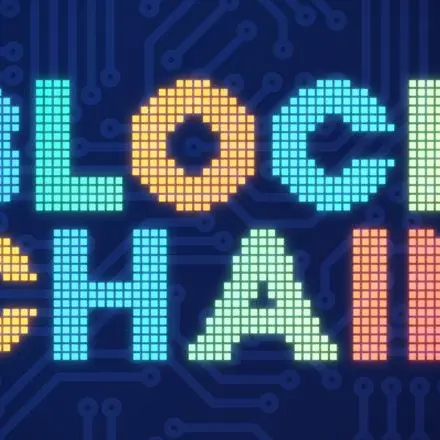PHOTO
The chairman of Jeddah-based Islamic Development Bank (ISDB) said on Wednesday that huge investments and more government efforts are required to help close the huge disparities in internet access worldwide.
Speaking at the World Government Summit in Dubai, Mohammad Sulaiman Al Jasser highlighted that while the ongoing pandemic has accelerated digital transformation in many countries, about half of the world’s population still lack access to the internet. He said connectivity is worse in least developed markets, as well as in developing countries, where only less than half of the population have internet access.
The digital gaps are so wide that an estimated $428 billion is needed to connect the remaining offline population to the internet by 2030, Al Jasser added, citing data from the International Telecommunication Union (ITU).
“Over one billion new internet users have been added globally over the last five years, yet close to half of the population (over 3.7 billion) does not have access to internet. While nearly 87 percent of people in developed countries have [internet] access, only 44 percent in developing countries have access. The situation is worse in least developed countries,” Al Jasser pointed out.
ISDB supports social and economic development efforts of its 57 member countries.
Digital transformation
E-commerce and other online transactions have skyrocketed since the onset of the COVID-19 pandemic in 2020. The trend prompted governments and businesses around the world to accelerate digital transformation.
However, with many essential services now being pushed online, Al Jasser said a threat remains that those without broadband internet access “could be left behind in terms of social and economic development.”
He noted that while ISDB has been supporting digital transformation, “a coalition of the brave will have to be formed” to bring about such change. “World governments can lead by accelerating the mainstreaming of technologies such as network sensors, artificial intelligence, internet of things, machine learning, data analytics,” Al Jasser said.
By closing or reducing the digital divide, Al Jasser said, economies around the world can reap several benefits, including more quality jobs for the youth and women, educational opportunities through e-learning, e-health services to larger segments of the population and efficient e-government services.
Closing the digital divide will also strengthen e-commerce within and across borders; enable micro, small and medium-sized enterprises to expand their reach through the expansion of e-finance or fintech and narrow the knowledge gap.
“These benefits are within reach, if we put our hearts and minds into them,” Al Jasser said.
(Reporting by Cleofe Maceda; editing by Seban Scaria )





















